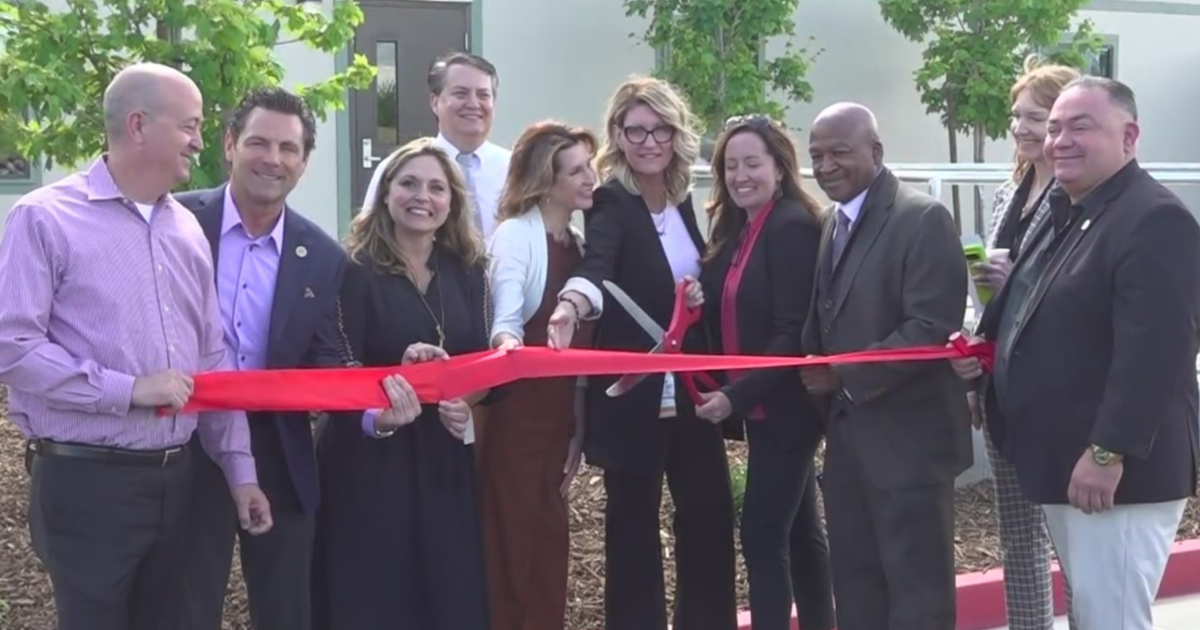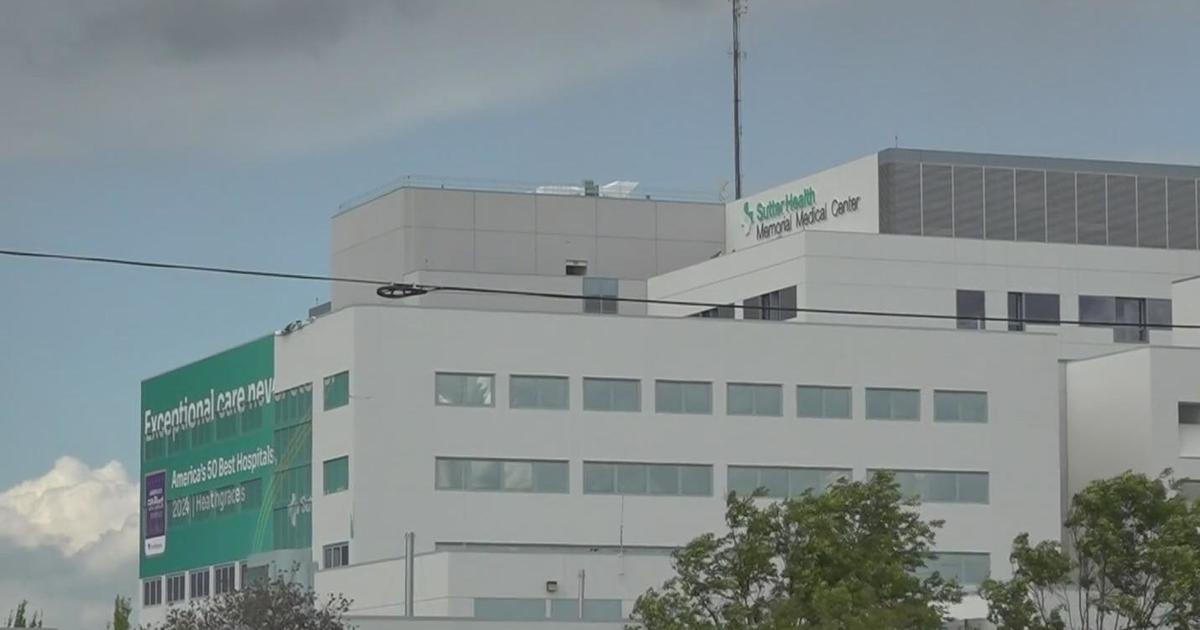San Quentin project's $360M price tag should be slashed, governor's advisory group says
An advisory council hand-picked by California Gov. Gavin Newsom recommended Friday that the governor slash by at least a third the cost of a $360 million project to remake the San Quentin State Prison, and use the saved money to improve living conditions at the facility.
The Democratic governor last year announced plans to transform San Quentin, where the state performed executions, into a model for preparing people for life on the outside — a shift from the state's decadeslong focus on punishment.
The ambitious vision includes a plan to tear down an old furniture factory on the prison grounds and replace it with a building more reminiscent of a college campus, with a student union and classrooms. Lawmakers greenlit the project without knowing its details during budget negotiations last year, and also relinquished any formal oversight of the planning process.
The 21-member advisory council, headed by Newsom political ally and Sacramento Mayor Darrell Steinberg, said at least $120 million of the project's $360 million budget should pay for housing improvements for inmates and officers, renovations to the family visitation center and the creation of spaces that replicate life outside prison, such as a town square, grocery store and coffee shop.
Diverting the money in this way would help San Quentin address other urgent needs necessary to implement the cultural changes, he said. The council's report notes that it has no final authority over how the project is designed and doesn't specify how much money would go to each of its proposals.
"Building and enhancing job training and education is core to the mission, so it's appropriate to invest in the building," Steinberg told The Associated Press. "But let's see if we can reduce the cost and then redirect the rest of the money to other priorities that we've laid out in the report."
Steinberg said he briefed Newsom on the report but he declined to share the governor's reaction.
Newsom will review the report and work with the state Department of Corrections and Rehabilitation and lawmakers on next steps, said spokesperson Izzy Gardon.
Brian Kaneda, deputy director of the criminal justice reform coalition CURB, said the advisory council's recommendation is a step in the right direction. The group has advocated for more prison closures and investments in reentry programs.
"The Advisory Council's principled call for a major reduction in funding for the new $360 million building should be a wake-up call," Kaneda said. "This recommendation from the governor's own council affirms some of the persistent and ongoing critiques about this project."
The report also calls for the new campus to build classrooms that could accommodate up to 30 students, reading rooms, communal areas, a reentry resources center and more spaces for behavioral health services — all efforts aimed at cutting down wait times for programs so more people can get into rehabilitation services.
The cost reduction recommendation is among three dozen ideas submitted by the council after more than six months of meetings. The report incorporates suggestions from advocates, victims groups, and San Quentin inmates and correctional officers. It also cites several recommendations from a group of inmates called the People in Blue who prepared their own recommendations on what changes they want to see.
The advisory council's report also suggests improving inmates' lived experiences by reducing the prison population, allowing them to wear regular clothes and encouraging more day-to-day, professional interactions between prison staff and inmates, among other suggestions. It said more training and resources for prison staff and officers are needed to reduce the high turnover in the workforce.
Doug Bond, a co-chair on the advisory group and the head of the Amity Foundation, a nonprofit that works with formerly incarcerated people, said the recommendations, if implemented, would be transformative for both inmates and prison staff.
"The report itself is extremely comprehensive and very inclusive of many people's inputs," he said. "I think it really will be the future, frankly, not only for a California model but for a national model."
The plans to remake San Quentin, a facility located about 18 miles (29 kilometers) north of San Francisco, are part of Newsom's yearslong effort to make California a national leader.
"California is at the forefront of innovation and groundbreaking transformation as we reimagine San Quentin to better serve our state — and improve public safety," the governor said in a statement. "San Quentin is becoming a national model to show positive rehabilitation can improve the lives of those who live and work at prisons and make all communities — inside and out of our institutions — safer."
San Quentin already has some of the nation's most innovative programs for inmates. In July, Newsom's administration invited reporters to tour the prison, showcasing accredited college classes, a coding academy and the prison's award-winning newsroom, among other programs.
In 2019, Newsom instituted a moratorium on executions, and the state has begun moving San Quentin's remaining 700 death row inmates to other prisons. San Quentin is home to more than 3,400 inmates.



